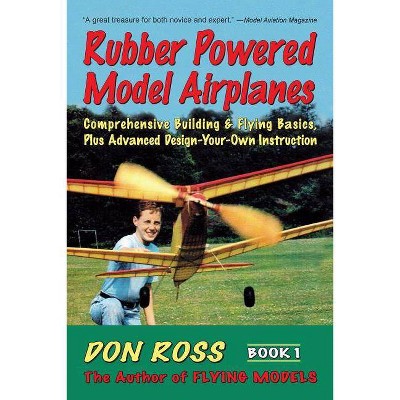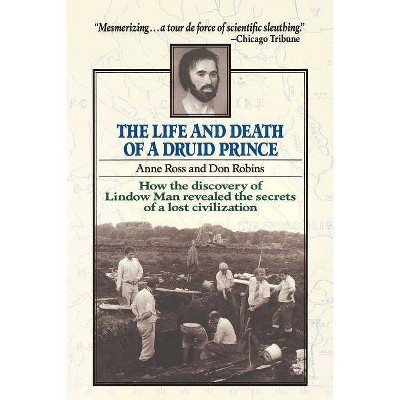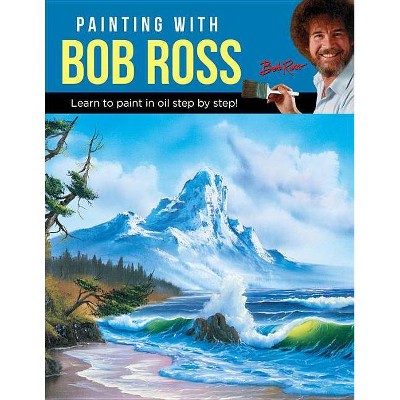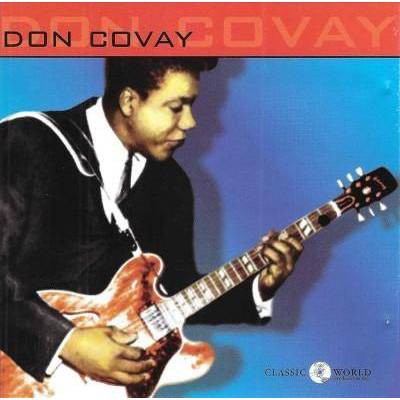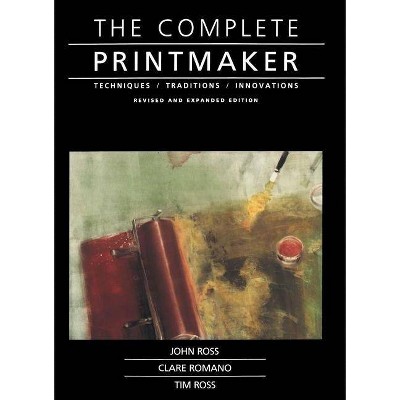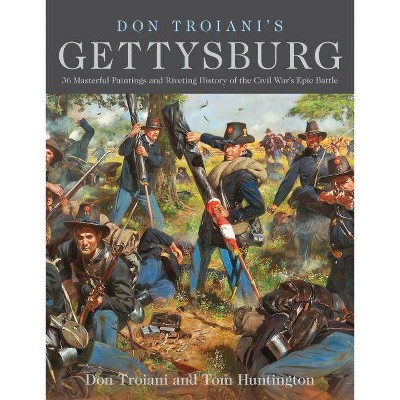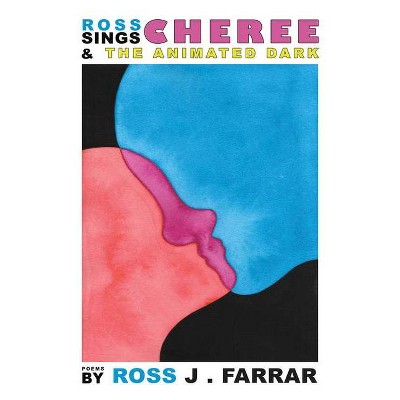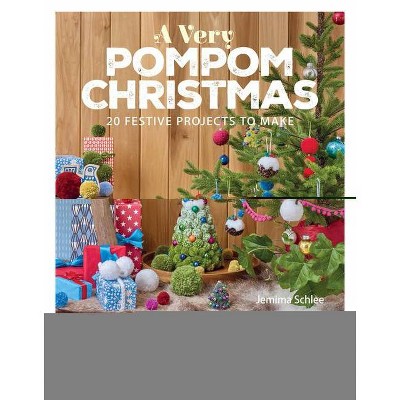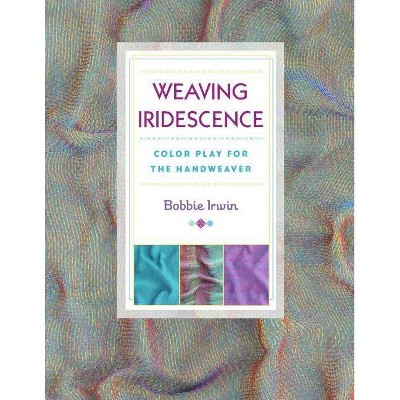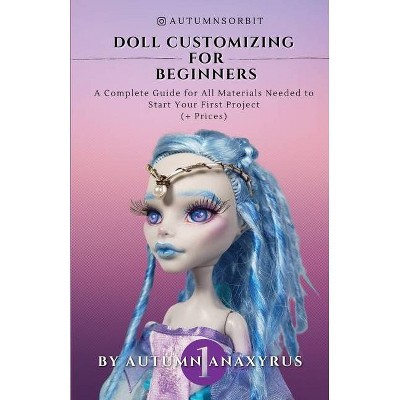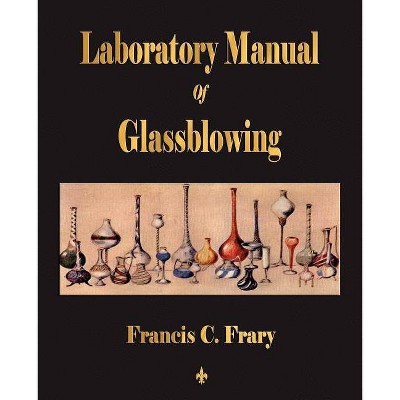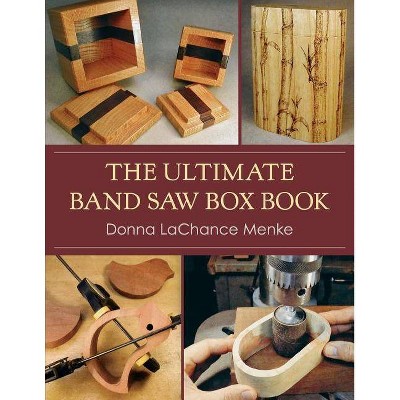Flying Models - (Don Ross) by Don Ross (Paperback)
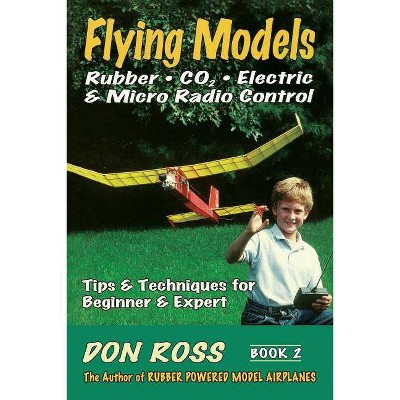
Similar Products
Products of same category from the store
AllProduct info
<p/><br></br><p><b> Book Synopsis </b></p></br></br>This companion to Don Ross's immensely popular Rubber Powered Model Airplanes now opens the world of Electric Power, CO2, Micro R/C, and even Compressed Air, to beginner and expert alike. With explanations and graphics that break complex processes into simple steps, anyone can become a better than average builder, flyer, and competitor. This book will lead you from simple tools and techniques right through to state-of-the-art" materials that will enhance your model's appearance and increase its flight time 25-40% or more! Some of the key topics covered include... -ELECTRIC POWER-Charging, Assembling, Adjusting, and Flight Trimming. Make an electric Power Module that can convert rubber power in minutes, right at the field. -EVOLVE from a simple 28-inch span rubber model through Competition Rubber, Free Flight Electric, and finally...Micro R/C. -NEW COVERING MATERIALS that are as light as tissue but much stronger, along with techniques that make them easier to apply. -NEW SCALE TECHNIQUES that can give your model that "professional" appearance so admired at contests. Make your own markings and decals and size and color. Create camouflage or lozenge patterns with plain tissue. -FOAM SHEET and block construction methods for scale models. -NEW RUBBER TORQUE AND TURNS formulas that need only two stokes on your calculator to predict rubber performance. -BUILD LIGHTER to reduce weight without reducing strength-a really simple way to get longer flights and stronger models. -LOST MODEL LOCATORS-what to buy-how they work. -GEARS-Do they help? A plan for Rubber Powered Contra-Rotating Props...AND MUCH, MUCH MORE!<p/><br></br><p><b> About the Author </b></p></br></br>Don Ross, a private pilot and engineer, started building model airplanes in 1942 when he volunteered to help with the US Navy's "Spotter Model Program." The idea was to construct carefully carved solid pine models of enemy aircraft that were then painted black. After being checked for accuracy by a Navy representative who came to the schools, the models were sent to the Navy to be mounted in the wardrooms of Navy ships to help sailors and airmen quickly identify enemy aircraft. Don worked in the aircraft and instrument industries and eventually ran a company that made nameplates, dials, and other marked items for various industries. His business was known as a "short run" company, specializing in small orders needed in a hurry. Since he wrote all the job sheets for the shop, he became quite practiced at explaining complicated operations to a work force that spoke several languages. Don designed the rubber powered "Canarsie Canary" for beginners, of which thousands were built and successfully flown by rank beginners, and it became an immensely popular project for clubs and scout groups. A video titled "Silent Magic" shows how a group of 20 eleven-years-olds built and flew the "Canary" in a large indoor venue. Most of the models flew for 25-30 seconds, exciting spectators as well as the kids. In 2003 The National Free Flight Society chose the "Canary" as its "Beginner's Model of the Year." Don's "Fledgling" classes have added scores of young and "retread" modelers to the active scene. Don also wrote a column for Flying Models magazine for many years, and his designs have appeared in various magazines. He specializes in "synthesizing" difficult technical information into simple, straightforward how-to basics that make experts out of rank beginners.
Price History
Price Archive shows prices from various stores, lets you see history and find the cheapest. There is no actual sale on the website. For all support, inquiry and suggestion messagescommunication@pricearchive.us
